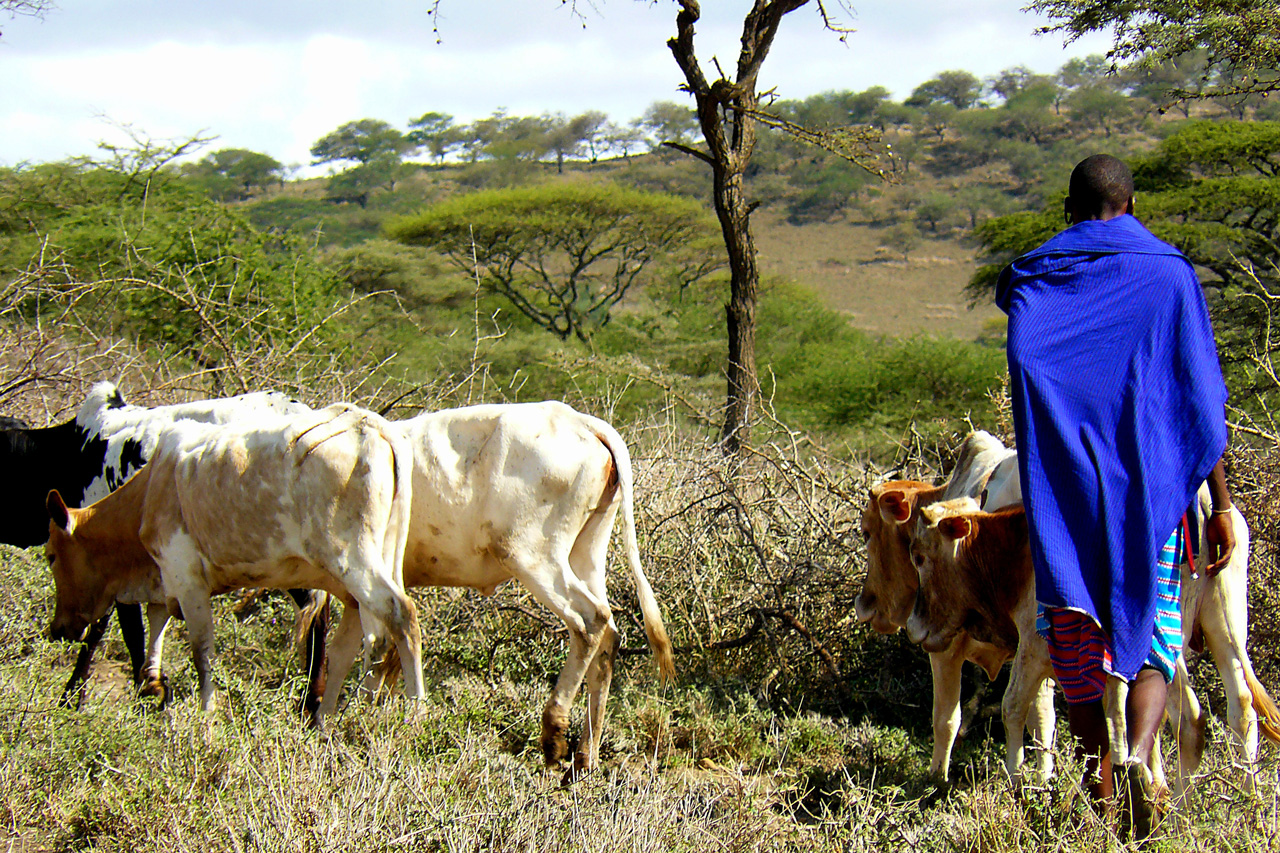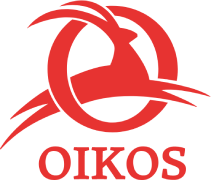ECOBOMA
A climate resilient model for Maasai steppe pastoralists

Climate resilient villages
As a result of the current climate variations, irregular weather phenomena have had dramatic effects on some parts of the planet. In 2017 an unprecedented drought hit the Arusha Region (Tanzania), threatening the survival of whole communities, whose livelihood is based on agriculture and pastoralism. Oikos has been trying to change things by promoting tangible and sustainable strategies of soil and water consumption, in order to deal with the threat posed by climate change.
The 500 thousand Maasai pastoralists living in the steppe in Northern Tanzania can no longer rely on the rains. Strong showers followed by long draughts are bringing to their knees whole populations who normally depend on the resources provided by these lands: livestock, the only source of livelihood for the Maasai tribes, has been wiped out by the lack of water and rangeland. Farmers of Meru ethnicity with limited livestock have found themselves without any crops, a major source of both food and income.
In order to survive, communities are forced to employ strategies that are not always legal and never sustainable. Cutting trees in order to produce charcoal, feeding cattle with weaver birds nests - the only alternative food available in these vast stretches of dry soil - seriously jeopardise the local ecosystems. However, the most unsustainable practice is migration: pastoralists move without stopping, in an endless search for more hospitable soils.
Finding sustainable strategies to tackle climate threats, promoting virtuous behaviours and managing available natural resources in the best way is vital for the survival of entire populations.
In cooperation with the Maasai community, we identify tangible strategies to improve water management: building 5 km of water distribution system, restoration of 2 dams, creation of 11 drinking water distribution points and 8 water collection points for cattle. We train technicians and local authorities, study climate change through the installation of two meteorological stations for climate data collection and we share its negative effects with the population of Arusha and the schools in the city, through educational and awareness initiatives.
We support the planting of cereals that are more resistant to drought as well as the planting of Commiphora cuttings, used for preventing soil erosion. Furthermore, these plants provide shade for cattle, wood for fire and protection against predators.
Today, in order to guarantee the wellbeing of the communities of the Arusha region, it is fundamental to identify work opportunities in sectors different from the traditional ones. Therefore, we have decided to invest in vegetal leather tanning, to be able to offer to Maasai women and young pastoralists a concrete economic alternative.
Il progetto in numeri
180k
potabile in Tanzania
22k+
raccolti a Ibo, Mozambico
52k+
in Mozambico e Myanmar
11k+
di educazione nel mondo
200
di attività economiche
in Tz e Myanmar
1700
in Italia
1700
in Italia
52k+
in Mozambico e Myanmar
1700
in Italia

